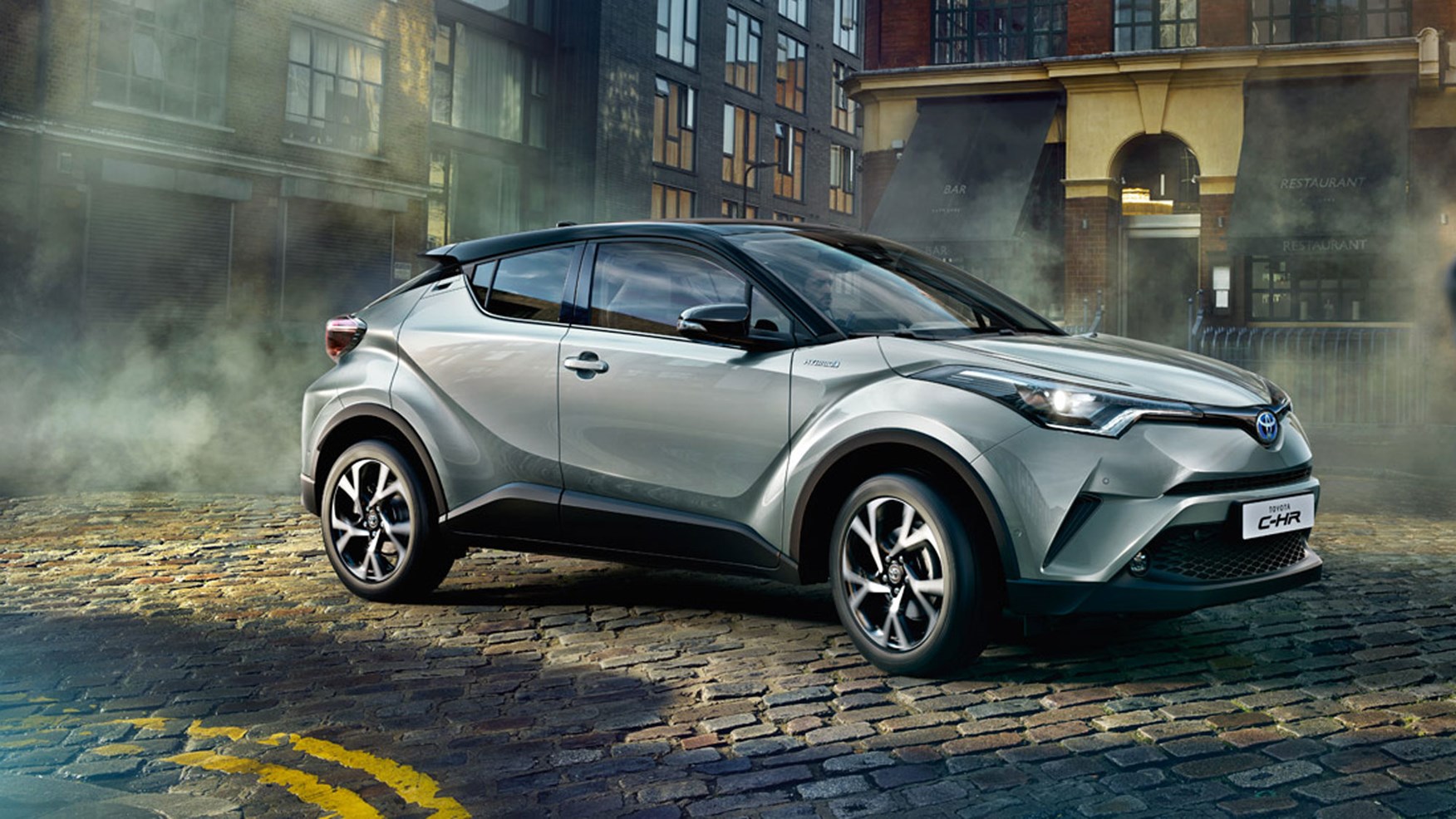With the push toward cleaner, greener transportation in India, more drivers are considering electric vehicles (EVs) and hybrid cars as alternatives to traditional petrol and diesel vehicles. But while both aim to reduce fuel consumption and emissions, they operate quite differently. Understanding these differences is essential if you’re trying to choose the best option for your needs, lifestyle, and budget.
In this article, we’ll break down the key differences between electric and hybrid cars to help you make an informed decision.
What Is an Electric Car?
An electric car (EV) runs entirely on electricity stored in a rechargeable battery pack. It does not have a petrol or diesel engine and produces zero tailpipe emissions.
Key Features:
- Powered only by electric motors
- Needs to be plugged in to charge (via home charger or public charging station)
- No engine oil, fuel tank, or exhaust system
Examples in India:
Tata Nexon EV, MG ZS EV, Hyundai Kona Electric, BYD Atto 3
What Is a Hybrid Car?
A hybrid car combines an internal combustion engine (petrol/diesel) with one or more electric motors. It can switch between or combine both power sources based on driving conditions.
Types of Hybrid Cars:
- Mild Hybrid (MHEV): Electric motor assists the engine but cannot drive the car alone.
- Full Hybrid (HEV): Can run short distances on electric power alone.
- Plug-in Hybrid (PHEV): Larger battery that can be charged externally for longer electric-only range.
Examples in India:
Toyota Innova Hycross (HEV), Honda City e:HEV, Maruti Suzuki Grand Vitara (Mild & Strong Hybrid)
Key Differences: Electric vs Hybrid Cars
1. Power Source
- EVs: 100% powered by electricity; no fuel required.
- Hybrids: Use both fuel and electricity; fuel is the primary source in most driving conditions.
2. Fuel Economy
- EVs: No fuel required; running cost is ₹1–2/km depending on electricity rates.
- Hybrids: Use less fuel than conventional cars but still rely on petrol/diesel.
3. Charging Needs
- EVs: Must be charged using a charger at home or a public station.
- Hybrids: No external charging needed (except PHEVs); battery recharges while driving through regenerative braking and the engine.
4. Range
- EVs: Typically 200–500 km on a full charge, depending on the model and driving conditions.
- Hybrids: Similar range to traditional cars as they rely on fuel and can refuel quickly.
5. Maintenance
- EVs: Fewer moving parts; no oil changes, no engine maintenance. Battery may need replacement after 7–10 years.
- Hybrids: Require maintenance for both engine and electric components, making them more complex than EVs.
6. Environmental Impact
- EVs: Zero tailpipe emissions. Best for urban areas and air quality improvement.
- Hybrids: Lower emissions than regular cars, but not entirely emission-free.
7. Cost and Incentives
- EVs: Higher upfront cost but lower running costs. Eligible for subsidies under India’s FAME II scheme and various state-level incentives.
- Hybrids: Less expensive than EVs in some cases but limited government incentives.
Which One Should You Choose?
✅ Choose an Electric Car If:
- You drive mostly within city limits
- You have access to home or office charging
- You want zero-emission driving
- You’re looking for lower long-term running costs
✅ Choose a Hybrid Car If:
- You travel long distances or on highways frequently
- You don’t want to worry about charging infrastructure
- You prefer a balance of fuel savings and convenience
- You’re not ready to fully switch to electric yet
What About Resale Value?
- EVs: Still evolving, but improving as EV adoption rises.
- Hybrids: Traditionally enjoy stable resale due to reliability and fuel savings.
Keep in mind that EV battery condition plays a big role in resale value.
Final Thoughts
Both electric and hybrid cars represent a step toward sustainable mobility, but they cater to different needs. Electric cars are ideal for city driving and environmentally conscious users who want zero emissions and low running costs. Hybrid cars offer flexibility, combining traditional fuel convenience with improved efficiency.
As India builds its EV infrastructure and adopts greener policies, the choice between EV and hybrid depends on your current usage patterns, charging access, and how far you’re ready to go on the path to electrification.

